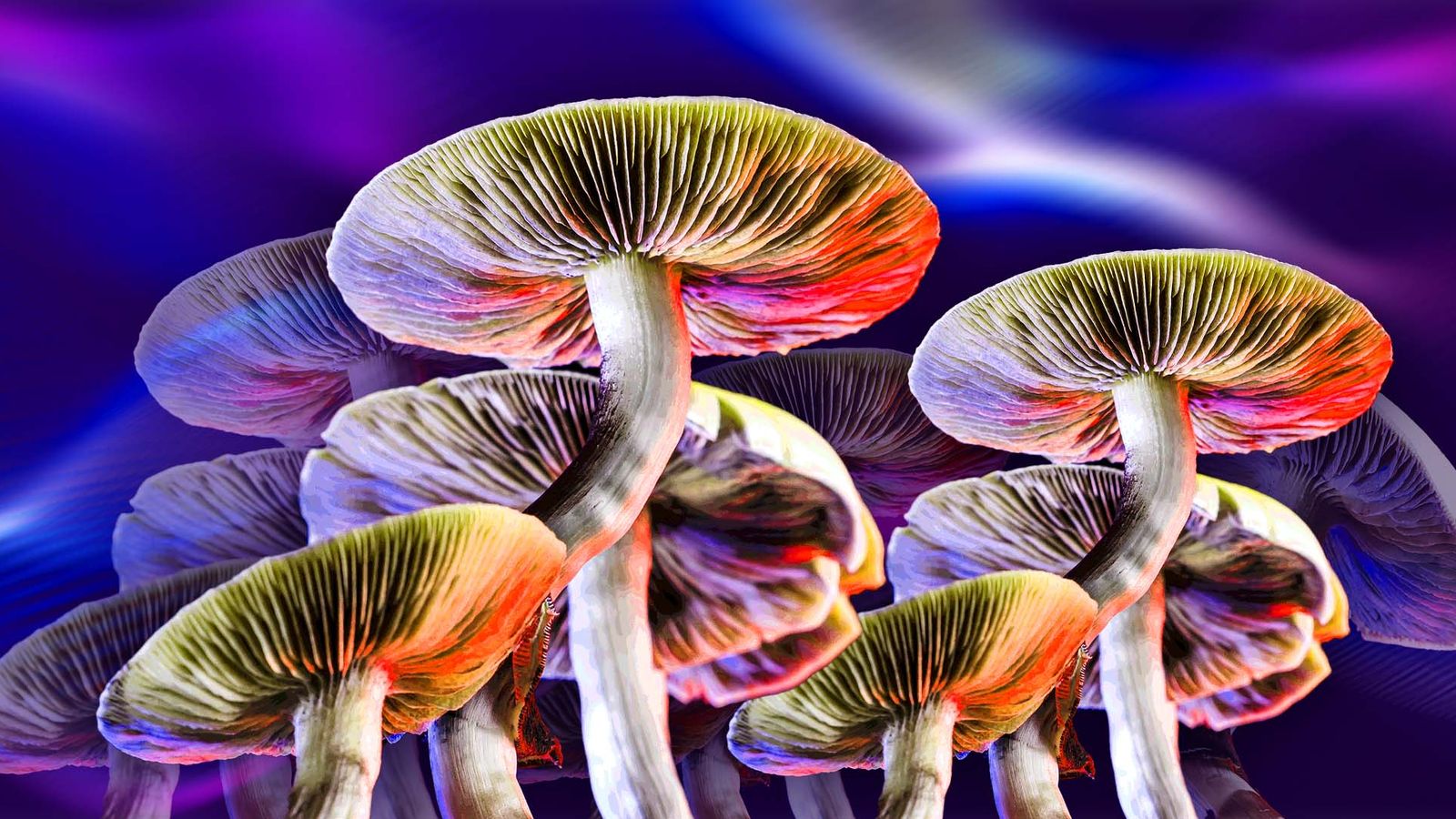Recent research indicates that psilocybin, the active compound in magic mushrooms, holds promise as an effective treatment for depression, offering rapid relief with minimal side effects and no apparent risk of addiction.
Conducted by researchers and published in the medical journal BMJ, the study analyzed seven randomized controlled trials involving 436 participants with depression. The trials compared the effects of psilocybin with control substances such as a placebo, vitamin B, or micro-dosing psychedelics. The study measured changes in depression using a system known as “Hedges’ g,” where higher scores indicate greater improvement.
Overall, individuals treated with psilocybin recorded a significant average score of 1.64, suggesting a substantial effect in alleviating depressive symptoms. Notably, greater improvements were observed in older individuals, those with prior psychedelic experience, and individuals with secondary depression related to an underlying condition.
While the findings are promising, the researchers underscore the need for further investigation to optimize psilocybin’s therapeutic potential for depression. They also highlight practical considerations such as cost, regulatory guidelines, and legal safeguards that must be addressed before psilocybin treatment can be widely adopted in clinical practice.
Consultant psychiatrist Dr. Paul Keedwell praised the study’s results as “impressive,” noting the rapid improvement experienced by many patients. However, he emphasized the importance of longer follow-up periods and additional research on optimal dosing.
Despite the promising findings, the researchers acknowledge limitations in their analysis, particularly the inability to differentiate between individuals who may benefit from psilocybin and those who may experience adverse effects. Additionally, some patients may find the psychedelic effects unpleasant, necessitating careful management of the treatment environment.
As interest in psychedelic therapy grows, ongoing research is essential to better understand the therapeutic potential and safety profile of psilocybin, offering hope for innovative treatments for depression.
